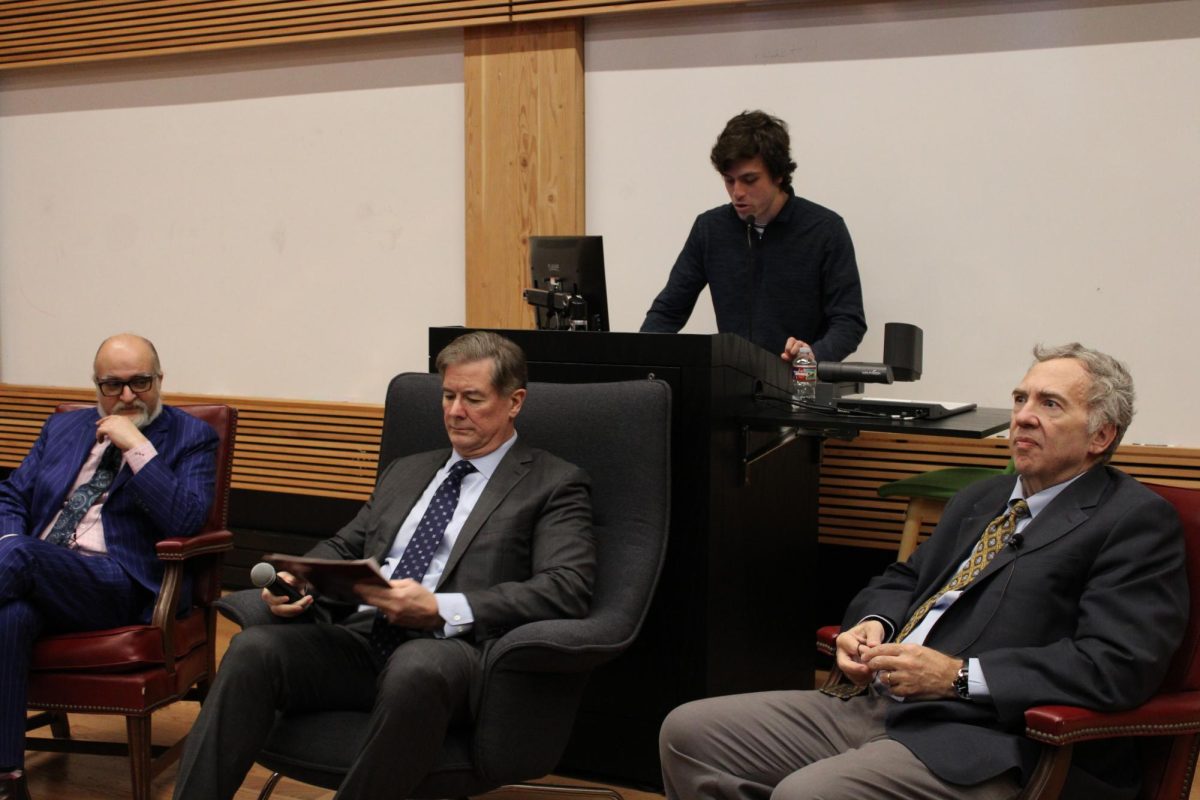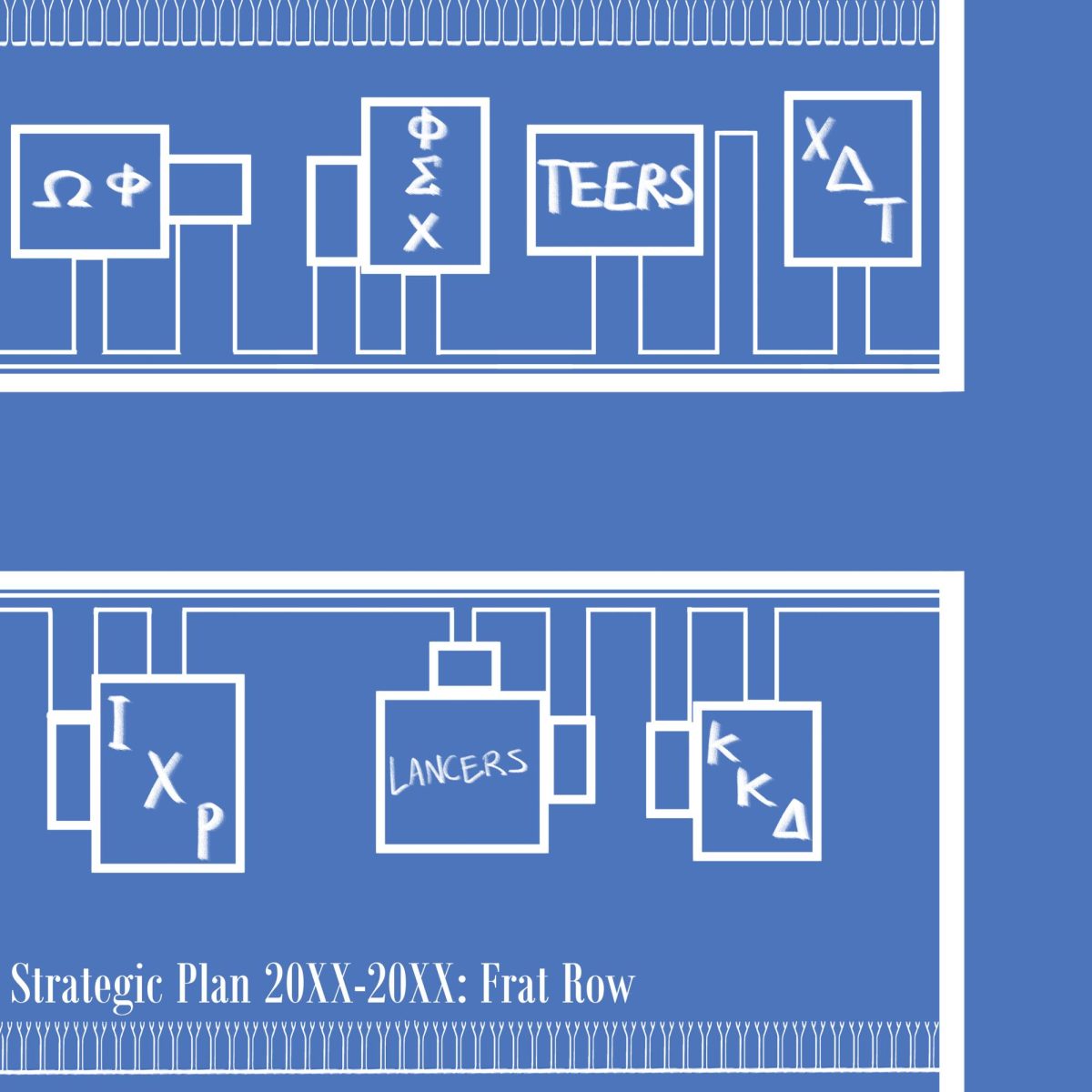Democratic societies guarantee a right to a free exchange of ideas. This serves as a baseline for the self-rule of people. Since the invention of writing, ideas and thoughts have been placed to paper and subsequently read, studied and pondered. With the advent of the internet, there has been a greater capacity for this communication than society could possibly digest and disseminate quickly. The great differentiator is the position of the average person as not only reader, but also writer and publisher.
The harnessing of the internet has allowed our society to become more connected and sentimental than before. Information is streamed and sent around the world in a matter of seconds. Every morning, news is broadcast from print, television and internet mass media outlets. This increase in constant broadcasting has led to a fracture: Populations associate familiarity and ease of access with quality of work. Furthermore, these consumers do not broaden their scope as they gain loyalty to these particular outlets.
As anyone who reads Reddit, which web analytics aggregator Alexa ranks as the most popular news website, can tell you, groupthink is more than Orwellian. There is nothing wrong with like-minded groups coming together to discuss issues and the solutions. But the problem lies in the lack of interaction between these groups. Different narratives lead to different perspectives.
A cursory viewing of two opposing websites this week regarding the latest Anthony Weiner sexting scandal shows how ridiculous this can become. On The Drudge Report, the 23rd most-visited news website, the headline is “She’s Had Enough Weiner.” On CNN, the second most-visited news website, the headline is “Abedin, Weiner Separating After New Sexting Allegations.” Despite the interesting headlines, the message is clear. Two different news websites, but with dramatically differently viewpoints, lending to different narratives.
This isn’t a new issue. Mass consumption of popular media has been prevalent since man put pen to paper. Attitudes about the world have been consistently shaped by seminal documents. Everyone in school learns about Thomas Paine’s “Common Sense”; not everyone learns about yellow journalism in the late 19th century, when newspapers went to increasingly ridiculous lengths to gain readership.
But never has news consumption been so high and the barrier to entry so low “” until now. This is absolutely a positive, as the aforementioned free exchange of ideas leads to a freer society. Today it is incredibly easy to gain insight from numerous, diverse perspectives. Primary sources are shared and viewed faster than ever. News should flow as freely as possible. Unfortunately, this isn’t always what happens.
The digestion of the same narrative from the same source, however, leads to a denigration of democracy. Different ideas, perspectives and articles should gain popularity and incite discussion based on the quality of content and argument, not based on the banner at the top of the source. A dominance of a negative source can lead to the dominance of a negative perspective and ideology. Solving this problem seems easy: simply read more news from different sources. But there is more to it than that.
The news is not consumed wholly for information, but for entertainment. People enjoy reading about what they find interesting, and enjoy agreeing with what is written even more. Furthermore, it is difficult to convince someone already rooted in their beliefs. And the most common news topics tend to correlate with the most controversial topics.
So how do we, as a society, help end this problem? Read more sources, search for more perspectives and stop using Snapchat as a news source.






